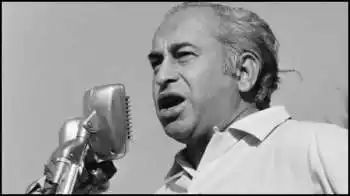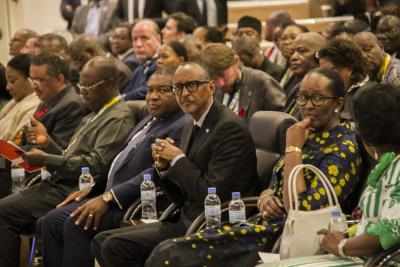Pakistan’s SC says former PM Zulfikar Ali Bhutto ‘not given fair trial’ in 1979 death sentence

Pakistan’s Supreme Court on Wednesday observed that former Prime Minister Zulfikar Ali Bhutto was not given a fair trial and due process in 1979 when he was sentenced to death by a seven-judge bench of the apex court during the regime of military dictator Gen Zia-ul-Haq, who had overthrown the Pakistan Peoples Party (PPP) government in July 1977.
Zulfikar Ali Bhutto’s execution is the only instance in Pakistan’s history where a former PM was hanged. One of the most popular leaders of the country, Zulfikar was removed from power by his handpicked army chief Zia, and was accused of masterminding the murder of a political rival Ahmed Reza Kasuri, a founding member of the PPP. The trial was controversial as many legal experts and observers termed it flawed.
In March 1979, the Supreme Court bench, in a split four-three verdict, upheld the Lahore High Court’s verdict awarding a death sentence to the former premier, and Zulfikar Ali Bhutto was hanged in Rawalpindi. The case was revived after former president Asif Ali Zardari filed a presidential reference with the Supreme Court on April 2, 2011, to seek an opinion on revisiting the death sentence, Dawn reported. The verdict on Wednesday represents a personal victory for the PPP.
What did the Supreme Court say?
Headed by Chief Justice of Pakistan (CJP) Qazi Faez Isa, a nine-judge bench unanimously observed that the conditions of a fair trial were not met in Zulfikar Ali Bhutto’s trial. “The proceedings of the trial by the Lahore High Court and of the appeal by the Supreme Court of Pakistan do not meet the requirements of the fundamental right to a fair trial and due process enshrined in Articles 4 and 9 of the Constitution, and later guaranteed as a separate and fundamental right under Article 10A of the Constitution,” Isa said.
- “We must therefore be willing to confront our past missteps and fallibilities with humility, in the spirit of self-accountability, and as a testament to our commitment to ensure that justice must be served with unwavering integrity and fidelity to the law,” CJP Isa said.





